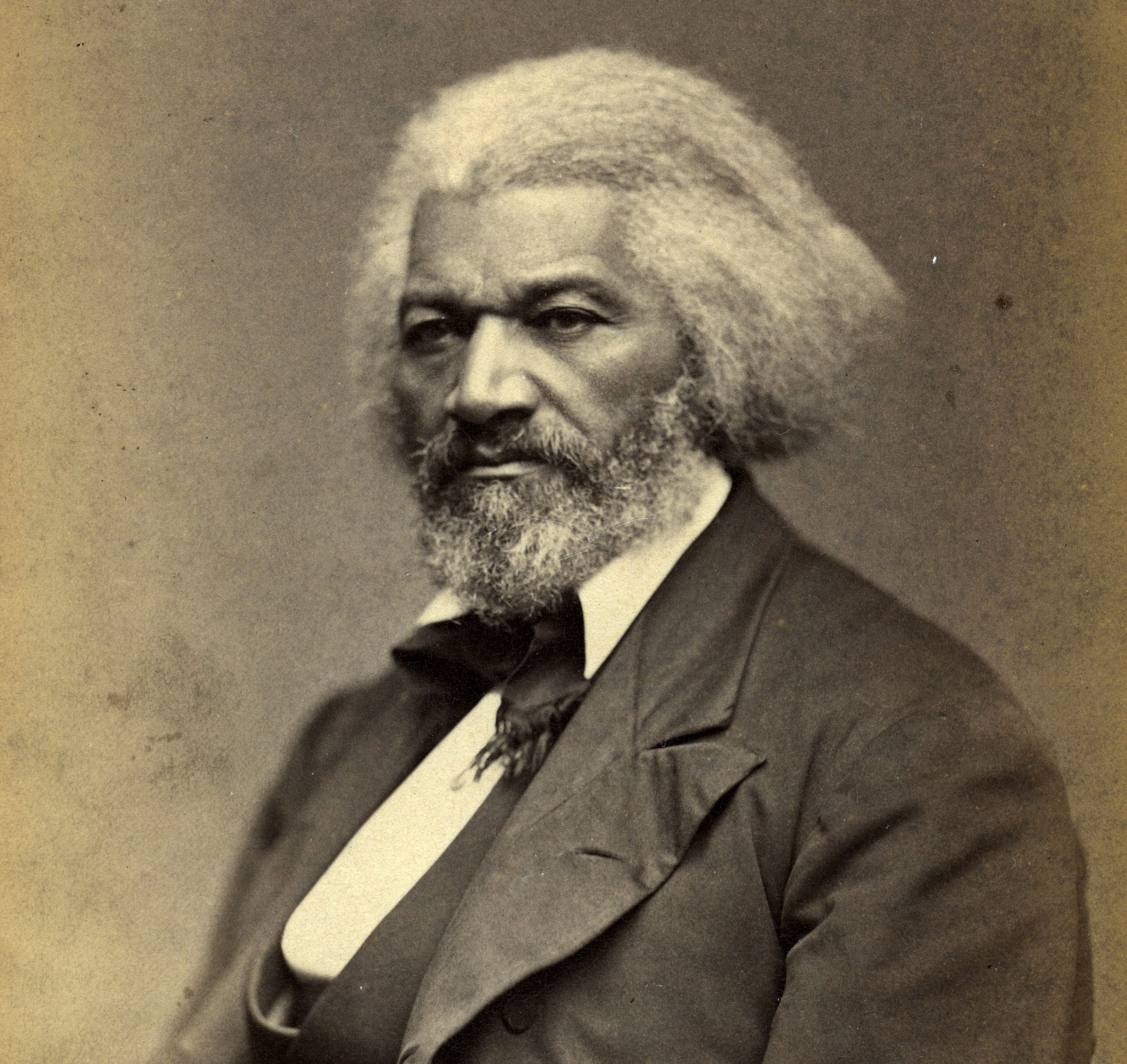
Frederick Douglass on the book that changed his life
03 September 1838
ON September 3, 1838, the enslaved man who became the most famous social reformer and abolitionist in American history set off on his escape to freedom. Frederick Douglass, dressed as a sailor and carrying forged identification papers, fled Maryland for New York with his few possessions, which included the book The Columbian Orator.
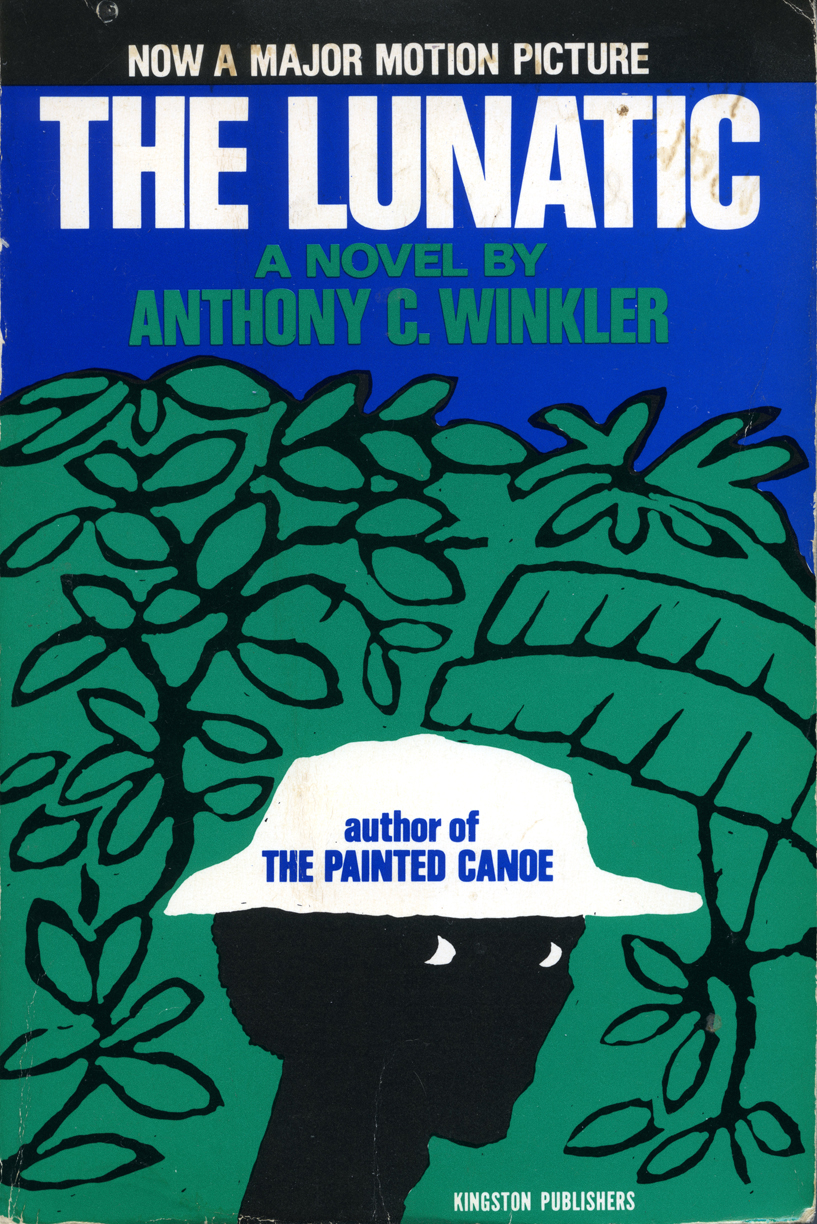
Anthony Winkler: an excerpt from The Lunatic
18 September 2015
ANTHONY WINKLER, who died on 18 September 2015, is best known for his outrageously funny novel The Lunatic which was published in 1987 and subsequently made into a very successful film four years later. The Lunatic combines elements of magic realism, a wonderful, felicitous use of language that effortlessly blends standard English with Jamaican patois and an almost surreal, absurdist sense of humour to expose some of the dangerous social ills that afflict Jamaica.
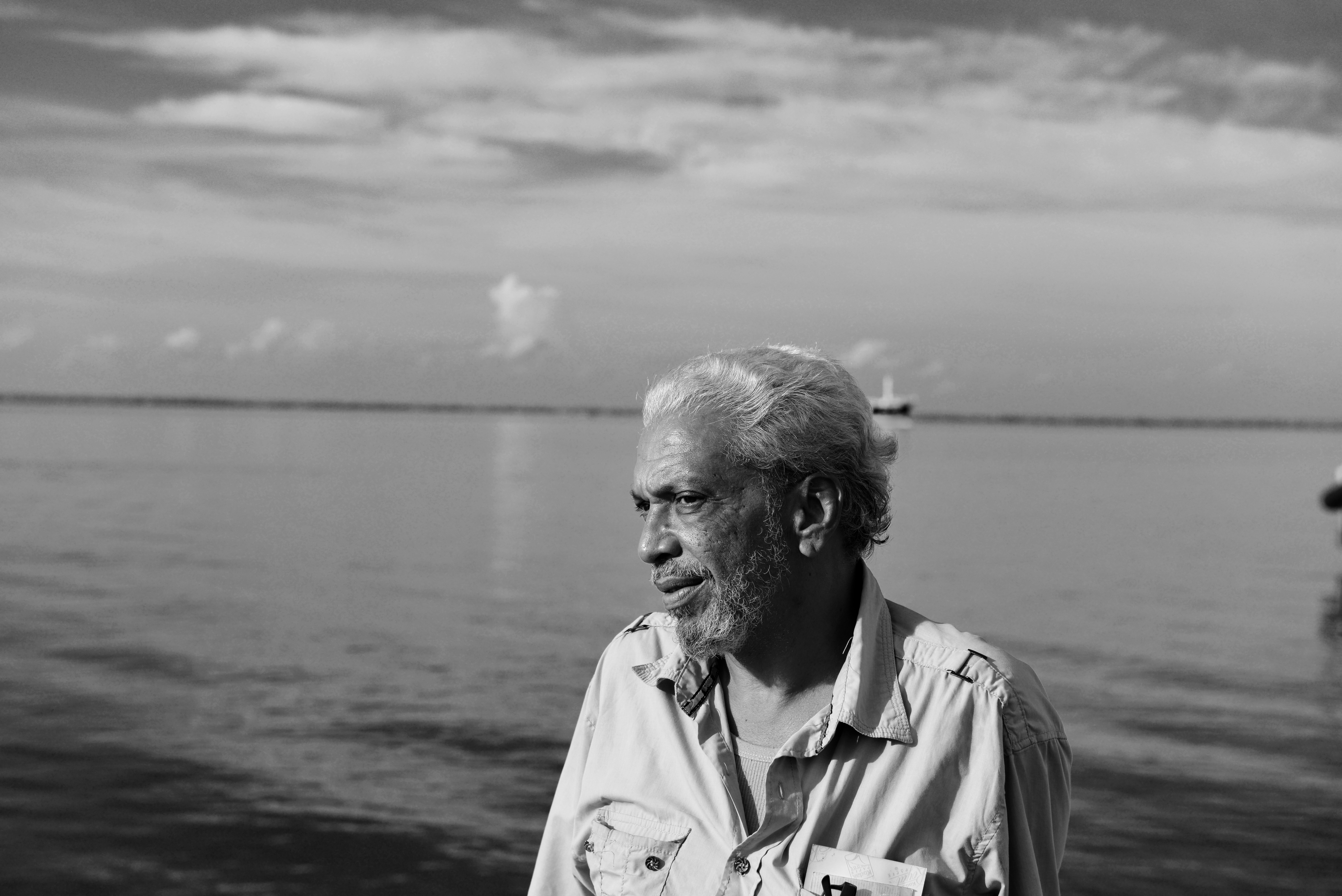
Driving around Trench Town with Ivan Coore
13 September 2014
IVAN COORE, who died on September 7, 2019, came from one of Jamaica’s elite families. His father David Coore was a lawyer who helped draft the Jamaica Constitution in 1961 and later served as Michael Manley’s deputy in the People’s National Party Government of the 1970s. His younger brother Steven ‘Cat’ Coore is a founder member of the legendary Third World reggae band. Ivan became a Rasta in the early 1970s while still at school and in 1973, at the age of 19, accompanied Vernon Carrington – Brother Gad, founder of the 12 Tribes of Israel Rasta mansion – on a fact-finding visit to Ethiopia. He subsequently decided to stay and study at the University in Addis Ababa. The following is a transcript of Ivan talking about the turbulent times he lived through in Ethiopia following the overthrow of HIM Haile Selassie, recorded while we were driving around Trench Town, Jamaica, in 2014.
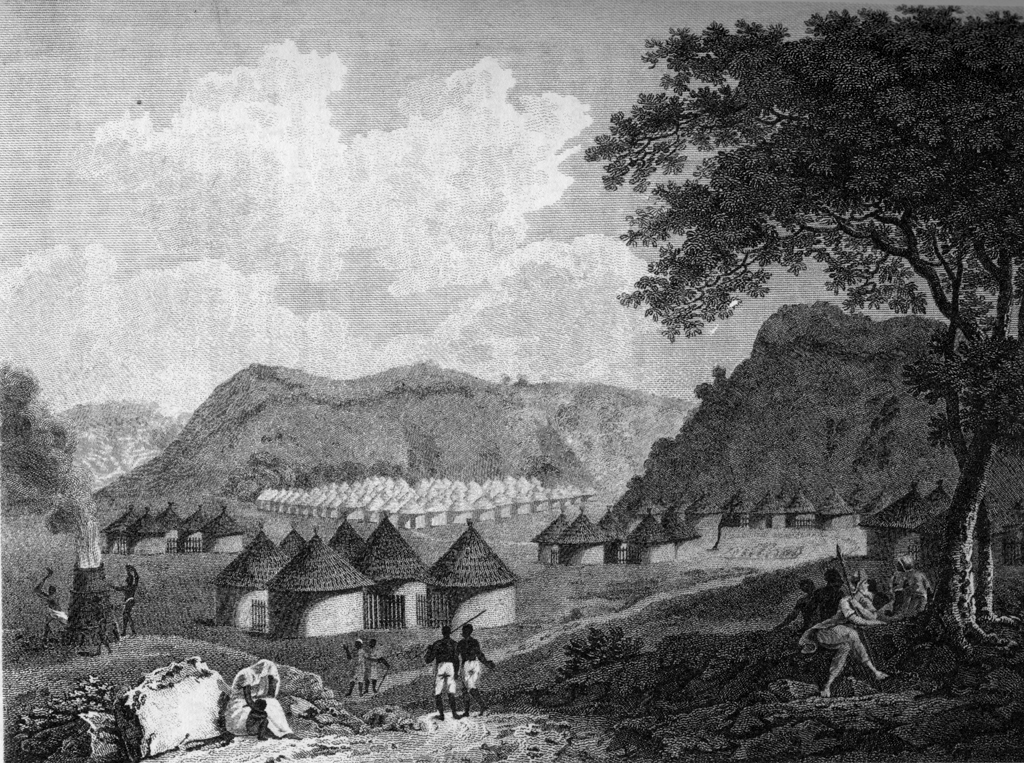
Mungo Park: How I was saved by an African slave trader
16 September 1796
ALMOST a year into his journey, Park arrives in the town of Kamalia in a terrible state. Ravaged by fever, weak from hunger and with his clothes in rags, he is near death. He is received by a Muslim slave trader called Karfa Taura who offers him food and accommodation in return for the future payment of one slave.
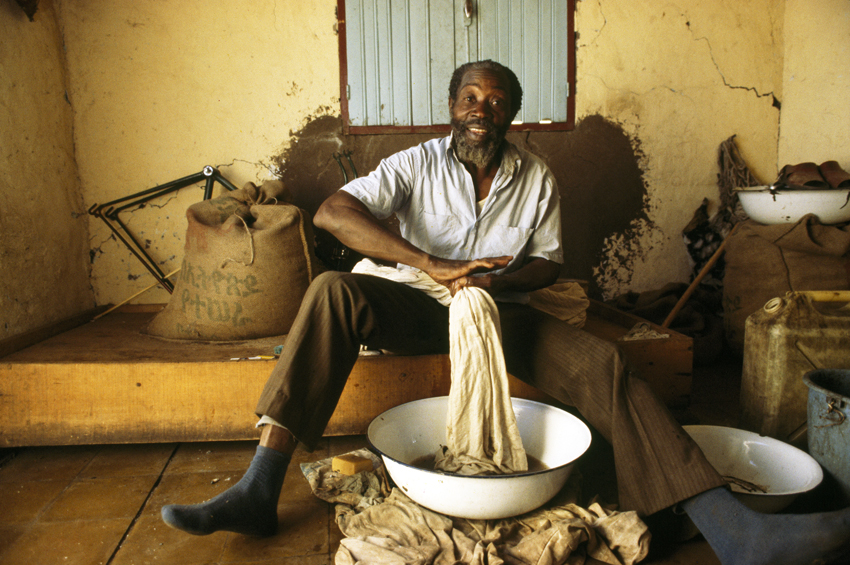
Noel Dyer sets out to walk to Ethiopia
17 September 1964
I MET Noel Dyer during my stay in Ethiopia in 1981. One evening, early in February, we sat down in his modestly furnished front room, with just a small oil lamp for light. He scrabbled around in the drawer of his desk, scooped together the last remains of his supply of ganja, built a spliff and started on his tale.
